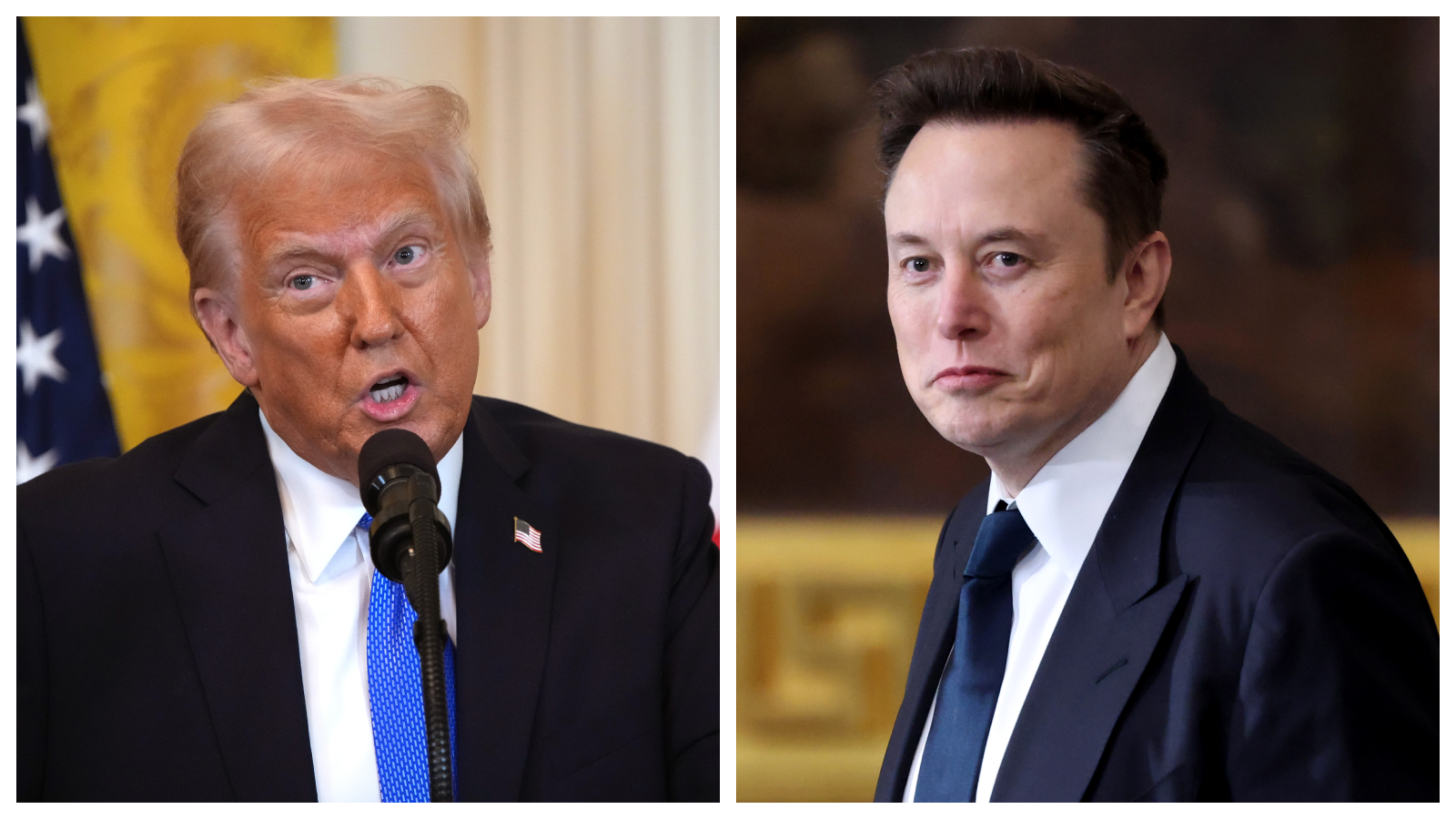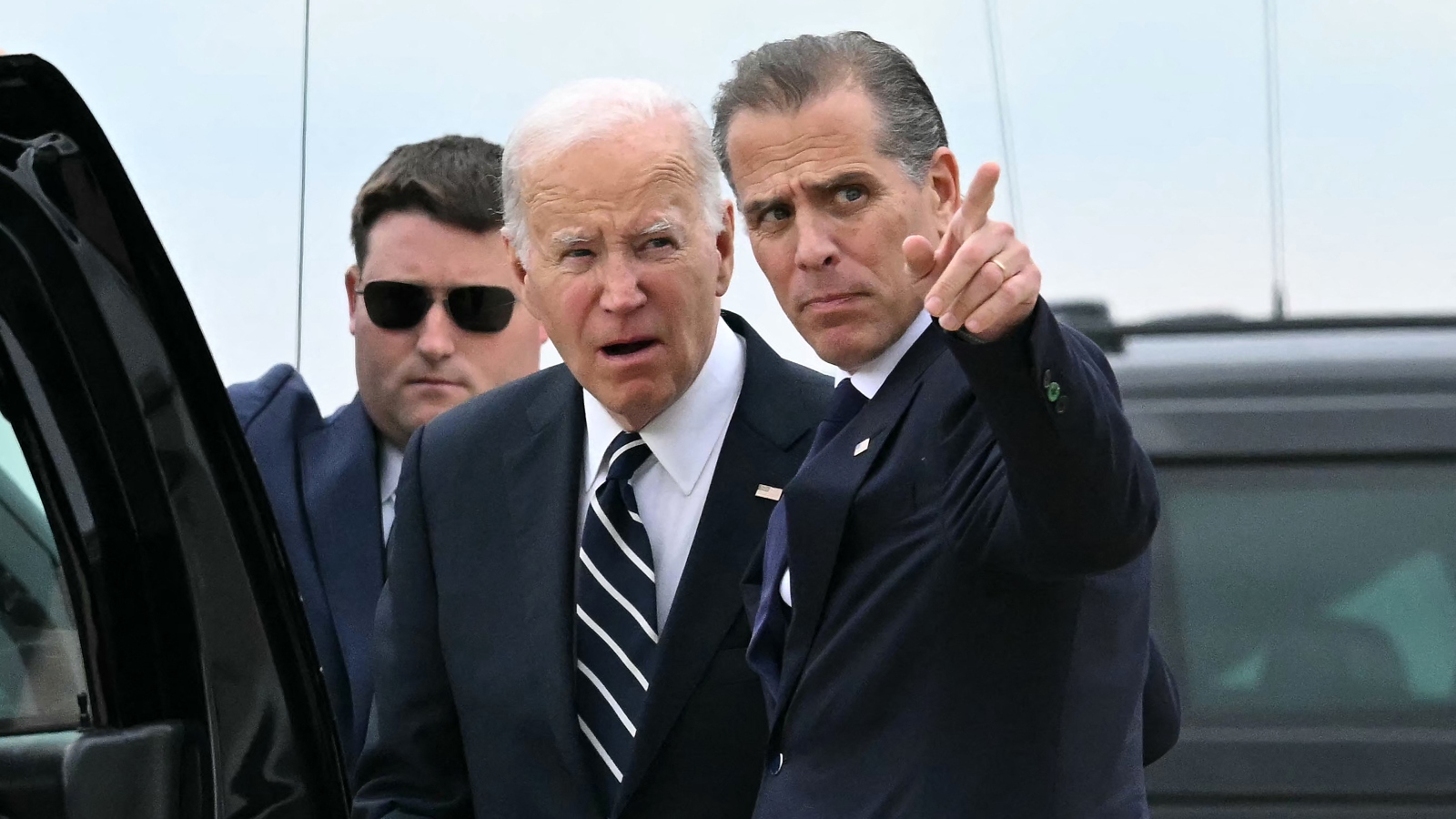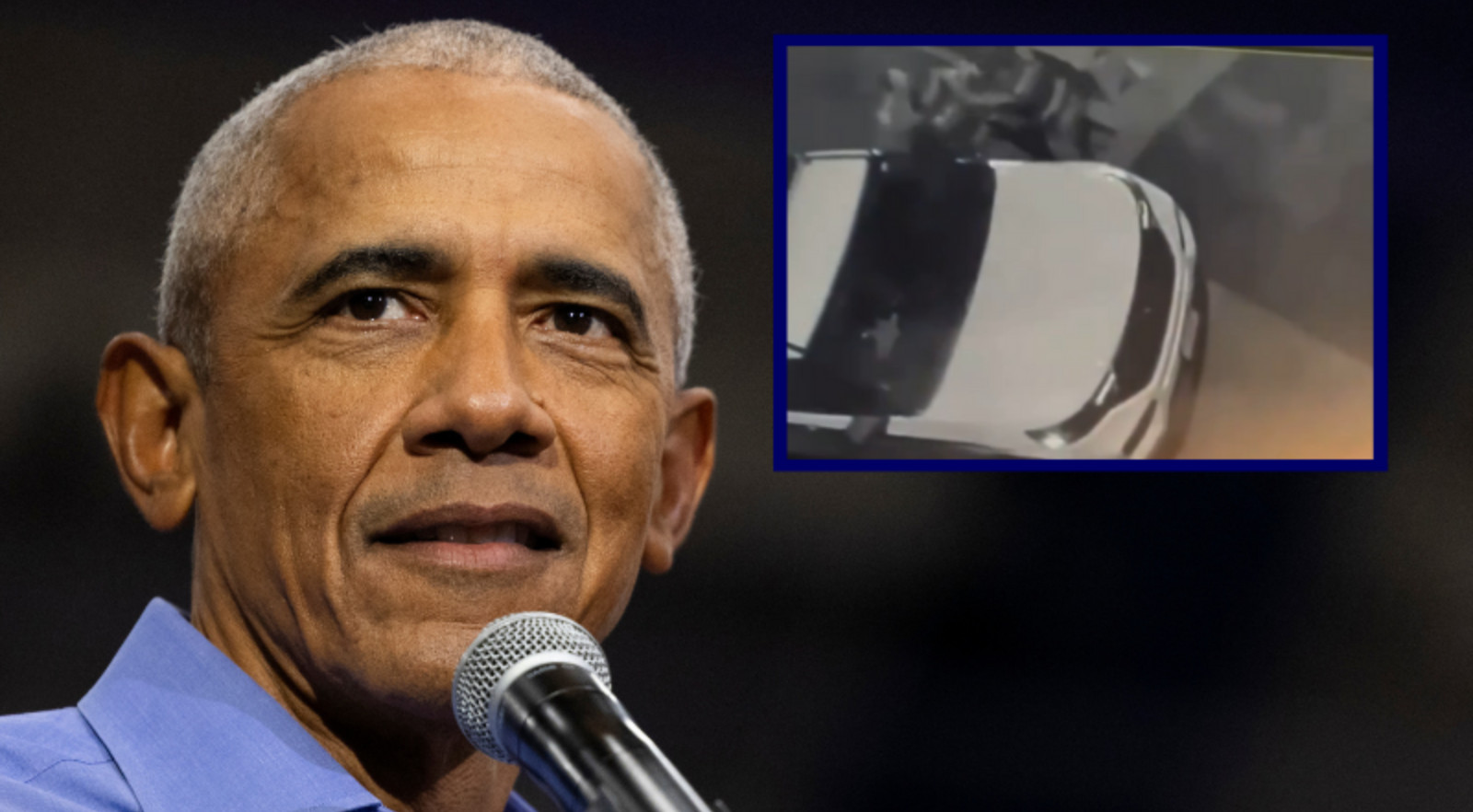Obama’s 2011 Push to Eliminate Waste: A Look Back at His Vision for Fiscal Reform
In the ongoing discussions about government spending and fiscal reform, a video from 2011 featuring President Barack Obama’s call for reducing wasteful government expenditures has recently resurfaced as a key point of reference. The video highlights Obama’s push for fiscal responsibility during a time of economic hardship. With the federal deficit continuing to grow, Obama emphasized the necessity of eliminating wasteful spending, even in popular government programs, to restore financial stability.
In his speech, Obama addressed the issue of government inefficiency in a way that was both accessible and engaging. He famously referenced absurd examples of government spending, such as the creation of the “Fiddlin’ Foresters” website, a project that was meant to showcase American forestry but had little measurable impact. This was part of Obama’s broader call for eliminating inefficiencies, stressing that even small, seemingly insignificant waste had a cumulative effect on the national deficit. His message was one of bipartisan appeal, with both Democrats and Republicans agreeing that something had to be done to address government waste.
However, Obama’s call for reform has taken on new significance in the current political climate. In the years following his presidency, figures like President Donald Trump and tech mogul Elon Musk have adopted more aggressive stances on fiscal reforms. Their approaches often include deeply cutting entitlements like Medicare and Social Security, which has sparked heated debate across party lines. Today, proposals to reform government spending are often seen through a partisan lens, making it harder to find common ground on such critical issues.
In contrast, advancements in technology have made it easier to identify inefficiencies in government spending. Data analytics and digital tools now provide more effective means of oversight, allowing for more precise identification of wasteful expenditures. However, the modern debate continues to focus on what exactly constitutes “waste” in the public sector. While some call for drastic cuts, others argue that certain government services are essential and should not be sacrificed in the name of fiscal discipline.
The challenges of reforming government spending have become more complex. It’s no longer just about cutting waste; it’s about balancing fiscal responsibility with the need to protect vulnerable populations who rely on government programs. As Obama’s 2011 speech reminds us, the key to successful fiscal reform lies in collaboration, transparency, and the willingness to make tough decisions for the benefit of the public good.
As the debate over wasteful spending remains central to the conversation about fiscal reform, revisiting Obama’s call for more efficient government spending serves as a useful reminder that such decisions must transcend partisan politics. At its core, fiscal responsibility should be about ensuring that taxpayer dollars are spent wisely and in ways that serve the public’s long-term interests.



